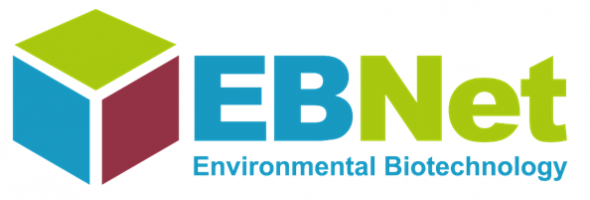Reflections on the move to a double-blind Proof of Concept Call. Recent criticisms within academia and a strong focus on EDI initiatives have highlighted anxieties about inequalities in the workplace. Our diverse research community needs to be assured that we take inclusion seriously and aim to safeguard the quality of funded research by eliminating, wherever possible, opportunities for bias in our processes. With these concerns in mind, the Environmental Biotechnology Network (EBNet) moved to a ‘double-blind’ system for our 2022 Proof of Concept funding call.
The purpose of a double-blind system is to remove ‘identifiers’ from the review/decision-making process, leaving the scientific proposal to stand or fall on its merits. Identifiers can be gender or status specific (he/she/Dr/Prof), or provide other identifying information based on location. EBNet tackled this issue by amending its application, sift, review and assessment panel processes.
In initial discussions, the Executive Group noted that it may still be possible to identify applicants simply from their research interests. Nevertheless, at the award stage, the attribution of several bids came as a surprise to panel members. With such a small sample size, no statistical analysis of the impact on outcomes is possible. We felt, however, that although it is impossible to prevent assumptions and inadvertent bias completely, the double-blind process made assessors more aware that they should be striving against this, making the process worthwhile for future calls.
The complete report on the process is available here.


